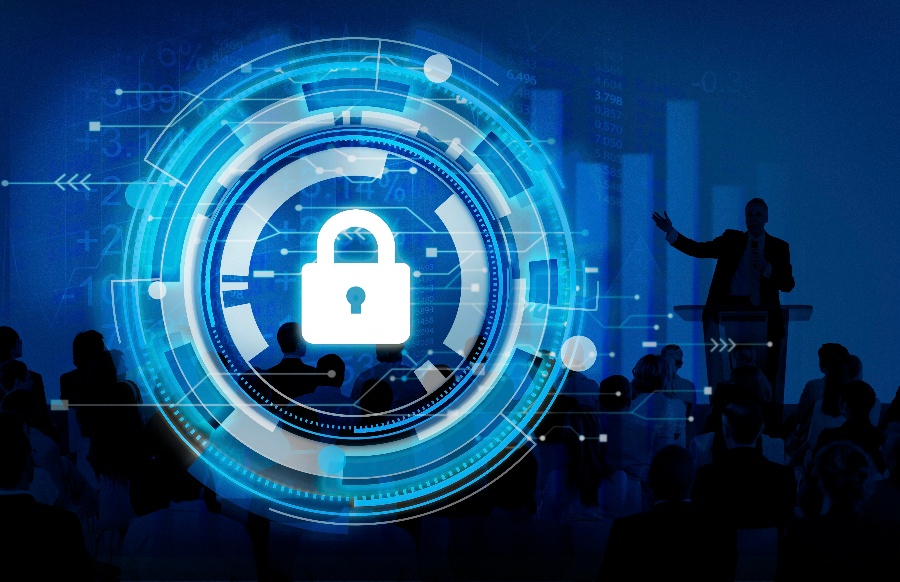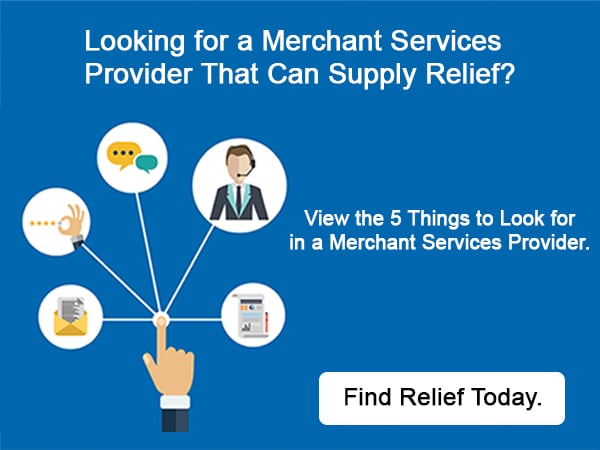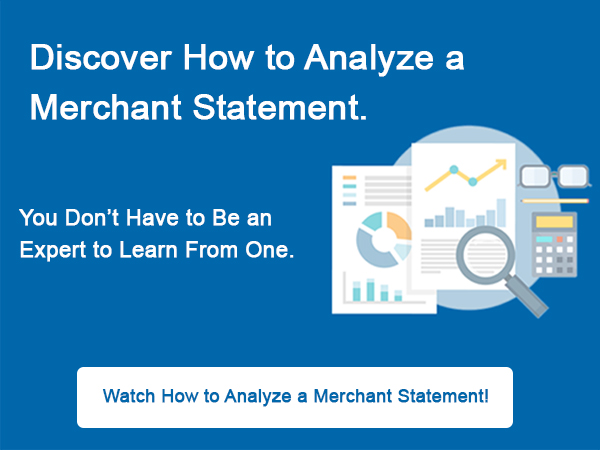Locking the door to our homes when we leave is something most do on autopilot. If you drive to work, you automatically lock your vehicle after arriving to your destination. Checking the physical locks in our life is easy, we don’t even think twice. But what about the digital locks, did you lock them too? Does it matter? Most definitely.
LOCK YOUR DOOR.
LOCK YOUR COMPUTER. LOCK YOUR ACCOUNTS WITH SECURE PASSWORDS.
Trust us, you are not alone in the never ending frustration of trying to remember your latest passwords. Even those who spend their careers in the IT industry can get a bit tired of it. Which is why many people (even though they know better) often use weak passwords. We have all been guilty at one time or another. But, here is the thing: the small inconvenience of selecting secure passwords and updating them frequently is much easier to handle than a data breach. In a sobering reality check, the 2017 Verizon Data Breach Investigations Report found that 81 percent of data breaches were caused by a password hack.
Think of your passwords like a flood wall made up of sandbags. In one section the sandbags are eight feet tall and four feet deep. Yet, in another section, the wall is only five feet tall and two feet deep. Now, picture flood waters pushing with millions of pounds of pressure on the wall. Maybe the taller and thicker section holds, but then the waters find a weakness in the shorter and more narrow section. Within minutes, the sandbags are pushed aside by the raging waters and the whole neighborhood is buried in damaging flood waters. Like the weaker section of the flood wall, in your organization if even one member of your staff uses a weak password, it exposes the entire business to the risk of a data breach.
This month is National Cybersecurity Awareness Month (NCSAM), at TransNational Payments we encourage you to use this month as an opportunity to remind your team of the importance of selecting strong passwords and updating them frequently. Do you have questions about cybersecurity? Check out this Comprehensive Guide to Cybersecurity. #SecureIT and keep your company’s data safe.
TIPS FOR CREATING A STRONG PASSWORD
- Avoid common passwords. Do not use "password," "qwerty," "111111," "12345678," "abc123," "password1," or any other easily guessed words/phrases for your password.
- Use different character types. Most systems and applications these days require or encourage using upper and lowercase characters, numbers and symbols to create a strong password. Even if your systems don’t (we can help enhance your security settings), it is still a best practice to select a password that follows these guidelines.
- Keep it unique. What happens if one app you use personally gets hacked and you used that same password on other systems, including your work accounts? We’ll give you a hint, it’s not good. Be sure to use a different password for each site and application that you use. You can record the passwords in a physical notepad if needed to remember them, but be sure to store the notepad securely and away from your computer.
- Don’t make it personal. Include things like your name, birthday, child's name or other personal information in a password makes it that much easier to get hacked. These are all things hackers can find without much difficulty. Instead opt for unique words and characters that appear to be completely random.
Selecting a strong password is an important piece of your data security shield. In addition, utilizing other tools like multi-factor authentication, using secure networks and practicing privacy precautions on other connected systems (social media especially) are critical to keeping your data safe. For more information on cybersecurity and why it's so important, read our recent blog: Why Cybersecurity Is Crucial for Protecting Your Small Business.
The world of technology never stops changing, if you need some advice or want an evaluation on the security of your company, contact us! #BeCyberSmart and protect your data.









 Facebook
Facebook Twitter
Twitter LinkedIn
LinkedIn Youtube
Youtube Glassdoor
Glassdoor